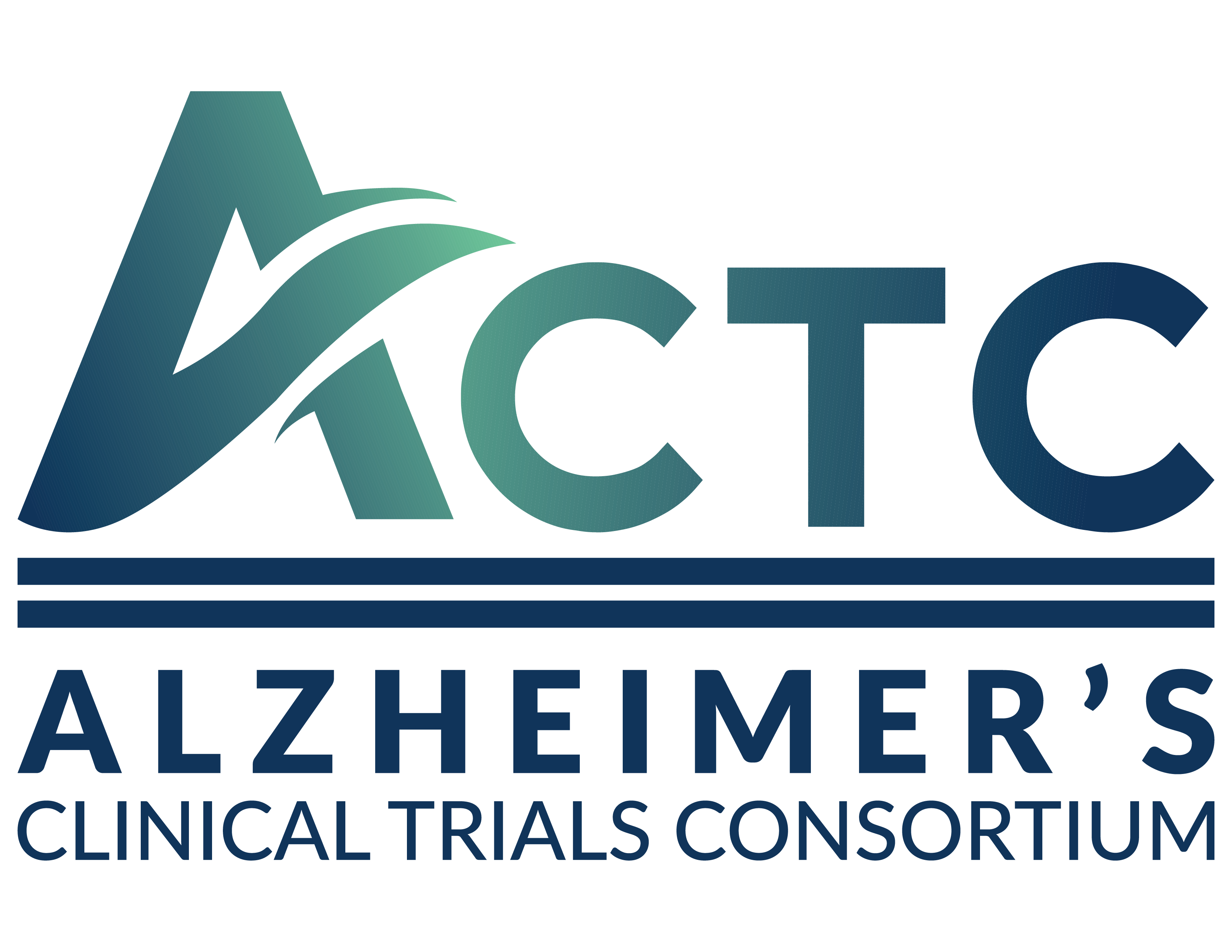Providing hope for a safe and effective treatment at the end of life for people with dementia and agitation.
Funded by the National Institutes of Health (NIH), the LiBBY Study seeks to discover an alternative to commonly prescribed medications that often cause undesirable side effects.
Consider taking part in research to discover a safe and effective treatment for agitation that may help to improve the quality of the late stages of life of a loved one dying with dementia.
End-of-life stages for people with dementia are unpredictable but agitation is a common symptom. The final stages of dementia may last days, weeks, or months. The grieving process can be more difficult when the person who is dying experiences significant agitation.
LiBBY is a new national study funded by the National Institute on Aging (NIA) of the NIH and conducted by a network of Alzheimer’s disease experts.
The LiBBY Study will help researchers find a way to:

Ease pain & suffering

Reduce caregiver burden and patient suffering

Discover a safe and effective treatment option for agitation at the end-of-life in dementia

Increase confidence in end-of-life decisions

Help future generations
Why the LiBBY Study
The LiBBY (Life’s-end Benefits of cannaBidiol and tetrahYdrocannabinol) Study is the first of its kind to examine the possible benefits of Delta-9-tetrahydrocannabinol (THC) and cannabidiol (CBD) as a safe treatment option for agitation in hospice-eligible people with dementia.
The LiBBY Study draws inspiration from Libby Soffar, who suffered with agitation at the end of her life, and the challenges her family and friends faced in assisting her to die peacefully. Libby’s story speaks to the limited treatment options for agitation at the end of life and the unpleasant side effects of commonly prescribed medications.
The LiBBY Study seeks to offer new options to alleviate the suffering of people with dementia experiencing agitation at the end-of-life.
Learn More About the Study’s Inspiration
Click on the video to hear more about the LiBBY Study

Caregivers and Loved Ones
People in the end-of-life stages with dementia commonly rely on someone else to support them in medical decisions involving treatment options.
Learn if your loved one may be eligible to participate in the LiBBY Study.

Medical and Hospice Providers
Learn if your patients may be eligible to participate in the LiBBY Study.
How to Get Started
STEP 1
Review the “Who is Eligible” page.
STEP 3
Schedule a screening appointment to confirm eligibility.
Why THC & CBD?
The study treatment is an oil taken by mouth that is a THC/CBD combination versus placebo. The study treatment is being evaluated for possible benefit in reducing agitation, a common symptom during the end-of-life stages in dementia.
Why Participate
Help Determine if THC and CBD is an Effective Treatment
It is common for people to receive hospice care as they near the end of their life, but treatment options are often limited and have uncomfortable side effects. Your participation in this research study will help in determining if treatment with THC and CBD is a safe option for treatment of agitation at the end-of-life in dementia. The study’s outcomes may contribute to improving the quality of life at end-of-life stages in people with dementia.
Contribute to Groundbreaking Research
Participants, their families, and caregivers will work closely with experts in dementia research and medical providers located in cities across the United States. Scientists need your help to expand research in dementia care to groups who have been underrepresented.
Ensure Your Community is Represented and Help Future Generations
Due to an aging population, the number of people with dementia is expected to soar over upcoming years, and several communities like the LGBTQ+ community are underrepresented in research. Others such as the Black/African American, Hispanic/Latinx, Asian American, and Pacific Islander communities are not only underrepresented, but also at higher risk for developing dementia.
The LiBBY Study seeks participants from every racial and ethnic group to discover a treatment that is safe and effective for everyone. Ensure your community is represented by helping a loved one participate in the LiBBY Study.
In a first-of-its-kind clinical trial, the Georgetown University Medical Center Memory Disorders Program will study the effects of an oral drug called T2:C100, which is comprised of two components found in marijuana – THC and CBD. The goal of the study is to investigate its potential to decrease agitation experienced by those with dementia at the end of life.
Lead by a team of experts with decades of experience in the field of Alzheimer’s disease research and care.

